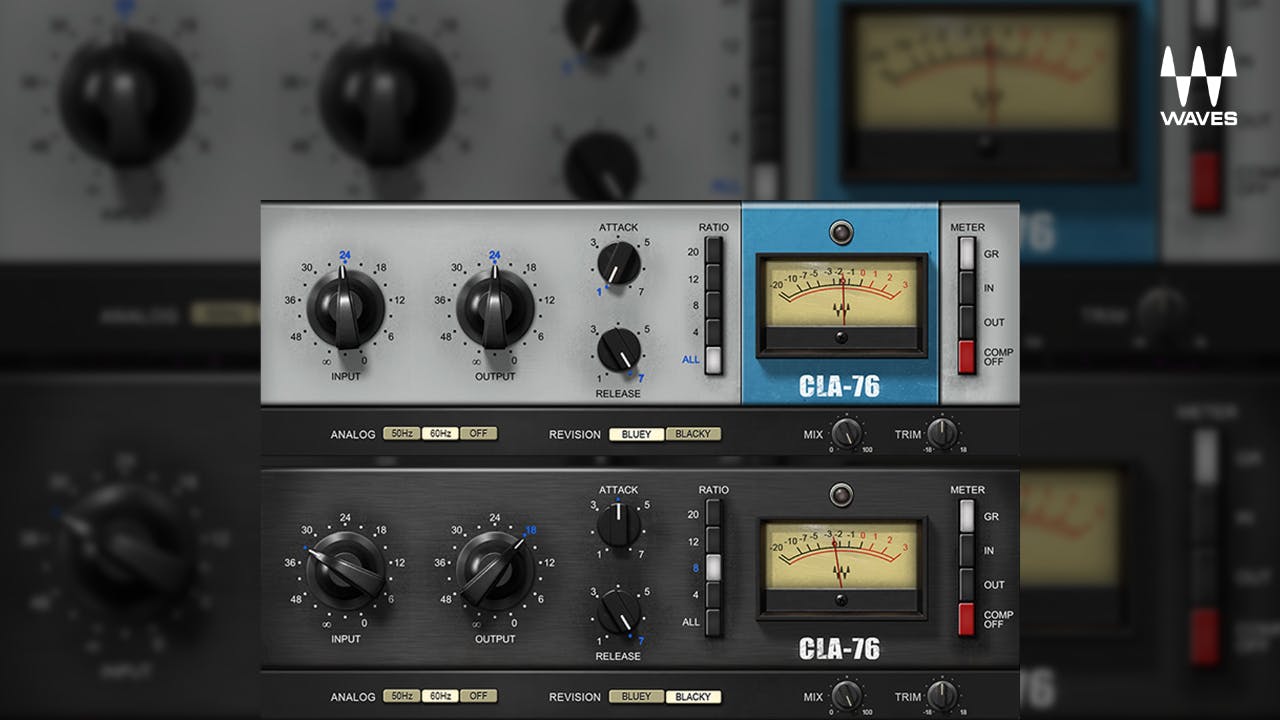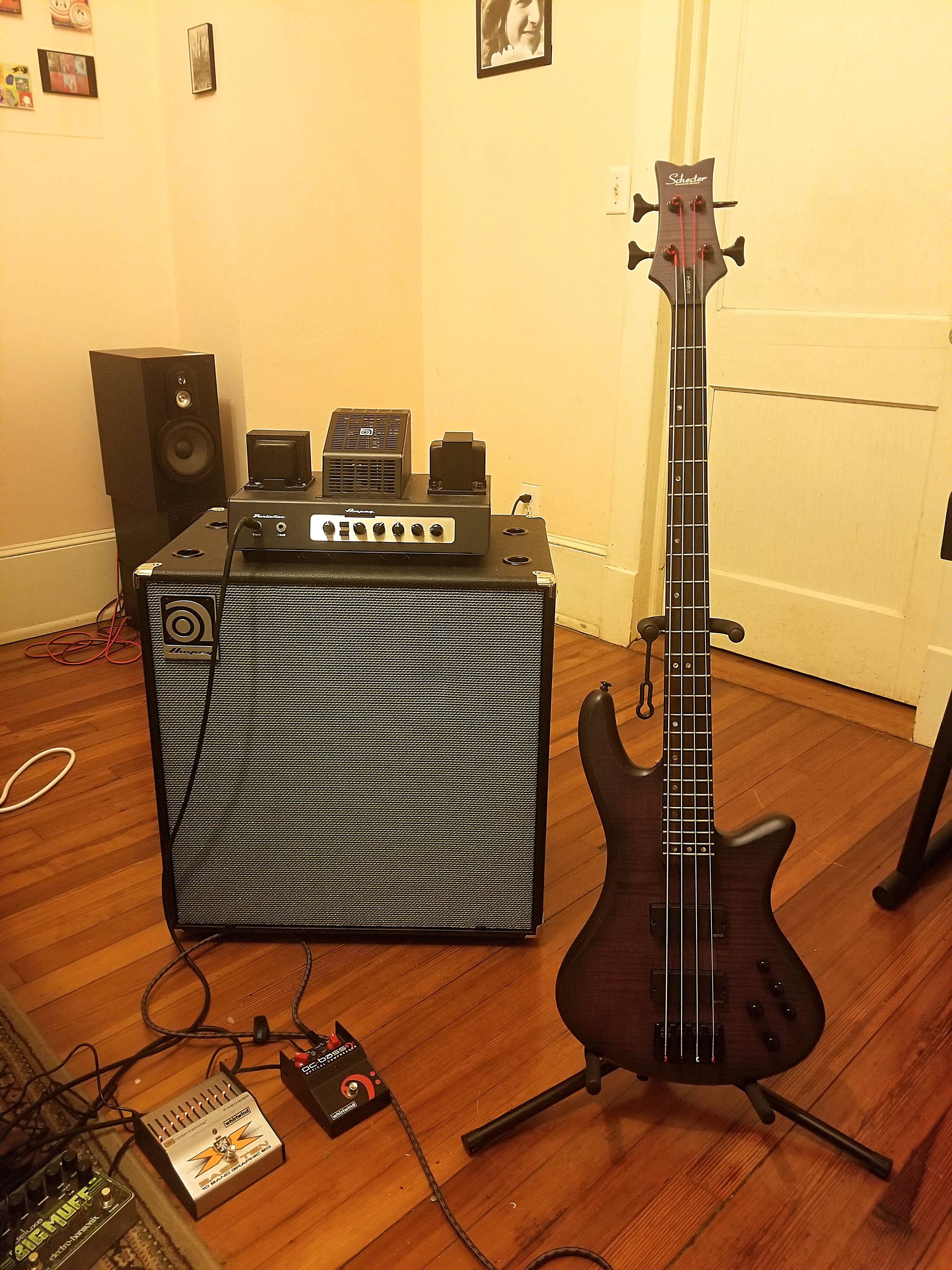rome8180
Legend
- Joined
- Oct 8, 2012
- Messages
- 52,063
I prefer the studio. Love crafting songs and adding layers of stuff I couldn't possibly do live. Hate having to deal with not being able to hear my vocals live. Happens a good 50% of the time. Lugging gear also sucks. I do get a nice endorphin rush if the show went well though. Going around and talking to people in the crowd is fun. Last show I played was basically everyone I ever was friends with growing up. Probably a good 150 people. The perfect size crowd, imo.

